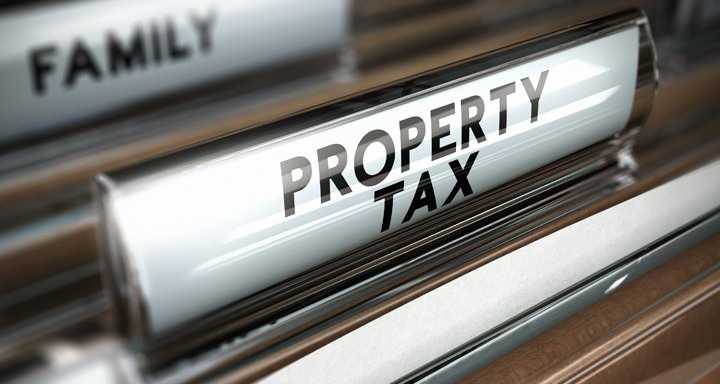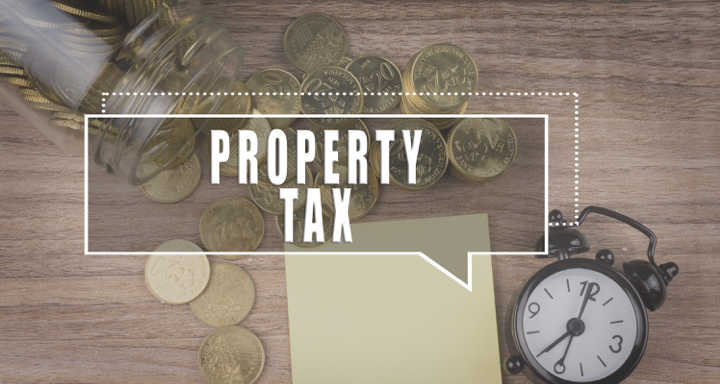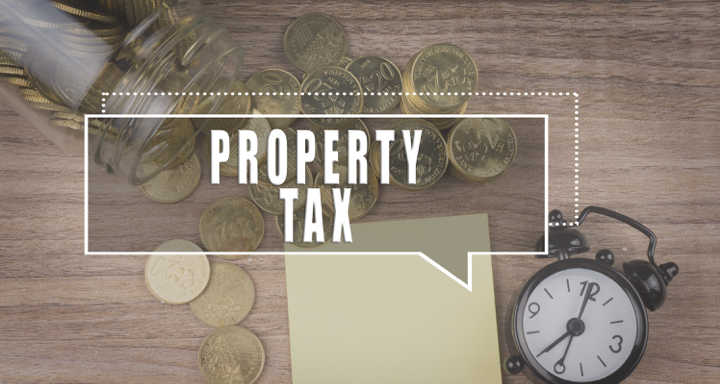Property Tax clouds Hyderabad’s skyline
A levy on property that the owner is required to pay is commonly known as a property tax. The governing authority of the jurisdiction in which the property is located levies the tax. Specifically in the case of India, the tax is paid to a local authority such as the municipal corporation.
HYDERABAD: The Greater Hyderabad Municipal Corporation (GHMC) is in a dilemma over issuing a notification inviting objections and suggestions from citizens even though the draft notification for revising property tax was cleared six months ago.
In December of 2012, GHMC commissioner MT Krishna Babu had cleared the draft notification. However, due to stiff resistance from mayor Mohd Majid Hussain and other public representatives the draft notification has been kept in abeyance.
According to official sources, GHMC would seek the state government’s nod for revising property tax immediately. Failure to do so would lead to a stall of about two years. The Congress government and political parties might not agree for property tax hike before the general elections and GHMC elections in 2014.
In the month of March in 2013, the AP State Property Tax Board was constituted by the department of Municipal Administration and Urban Development (MA&UD). The board was set up as per the conditions laid down by the finance commission. The board gives clearances pertaining to property tax assessments, improving tax collections and revisions.
According to senior GHMC officials, the new property tax board has the authority to revise property taxes even if the standing committee and general council of the GHMC oppose the proposal.
Approximately Rs 780 crore was collected as property tax by the GHMC, during the financial year of 2012-13. In the current fiscal of 2013-14, GHMC hopes to raise Rs 950 crore. Logically GHMC would be required to – hike the property tax and include un-assessed properties into the tax net, in order to achieve the set target. Exercises to bring un-assessed properties within the tax net has already been initiated by the corporation.
In the event of the revision being effected, property tax of residential properties might be doubled in most areas of the city. According to the proposal, 80 paise per square feet would be increased in the minimum property tax. The existing minimum property tax is at 40 paise per square feet. The maximum property tax could be Rs 3.75 per square feet from the existing Rs 1.25 per square feet. However, in municipal circles like L B Nagar, Kukatpally, Qutubullapur and Malkajgiri, there might be reduction in property tax of commercial properties. Serilingamapally (11&12) circles would witness a hike in taxes though.
Revision exercise of property tax began in July 2012 by dividing the city into 115 zones and 344 sub-zones. These zones and sub-zones were divided by taking into consideration the annual rental value (ARV), abutting main roads, internal roads, lanes and by-lanes. Roughly, 20% properties were surveyed before fixing the ARV.
The proposal for the revision of property tax has been based on the age of the building, location of the building, nature of usage, plinth area and type of construction. It also depends on civic amenities such as roads, street lighting and water supply network; factors like banks, educational institutes, hospitals, parks and playgrounds, shopping complexes and other development activities too were considered.
Increasing the Hyderabad property taxes would advertently help the local body to be self dependent. The revenue of the local body such as the local municipal corporation is generated primarily through the collection of property tax. With the increase in revenue, the local body can be self sufficient rather than depending upon the state for additional grants and permissions. This would in turn help the local body upgrading, maintaining and developing the infrastructure of the respective jurisdiction.








